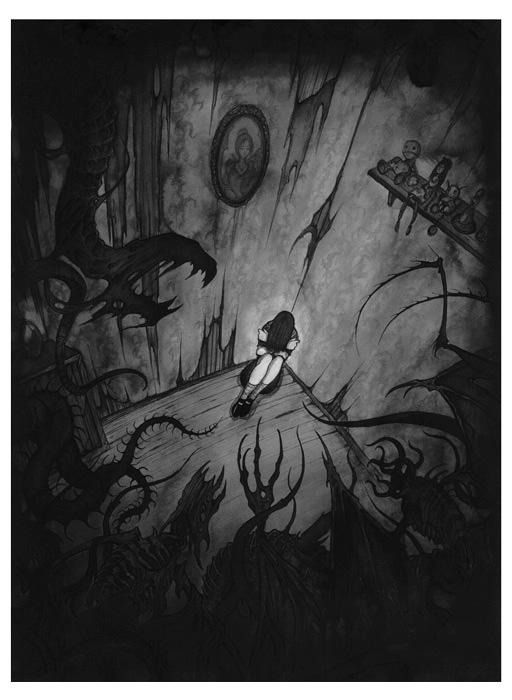
Last week, I was speaking with a friend who had fallen into despair about the state of the environment. She is an organic farmer and had just been to Washington, D.C. to lobby for stronger laws to protect the environment, and was struggling with how to better care for the earth. I, too, have felt like this at times. It is so easy to feel powerless and desperate in the face of huge problems.
How can mindfulness be applied to such issues as global devastation? The first thing that came to me was to remember that even feeling upset about the state of the world is actually a sign of deep love. It wouldn’t hurt if she didn’t care so much. I suggested that she could take time to appreciate how open her heart is and how deeply connected she feels to the world before trying to do anything about the pain.
Often, Dharma practitioners (myself included) just try to cut off our attachments (the pain) without first being present for them. Without embodying our emotions and our lives, we become dry and disconnected. I know this because I did it for years! I think that I spent my first five years of mindfulness practice noticing pain and anger and sadness for just a moment, and then, as usual, I just pushed them away. I would say to myself, “There’s anger! Done. Next.”
Then one day I realized that I’d completely misinterpreted the meditation instructions I had received and turned them into a new way to avoid myself. So I started taking more time to be present for my difficulties, exploring the physical sensations, bringing curiosity and gentleness to the exploration and sitting quietly in the discomfort. More and more, I saw that trying to change things is the biggest hindrance of all. The amazing thing is that when I’ve truly accepted a suffering, most of it simply vanishes.
When despair for the world arises in me, I try to take some time to see the love that lies underneath the despair. Inevitably, I feel lighter right away. Nothing is solved “in the world,” but at least I don’t feel bad about feeling bad. By inviting my friend to appreciate her sorrow, I was inviting her to be present with it. The smile that crept over her face when I shared this showed that she understood.
I spoke with my sister a few days later and she, too, was facing despair, this time about the situation in Syria. She lives in Toronto in a nice home with a good job and a wonderful family, but she couldn’t get the images of torture and execution out of her mind. For her, “ISIS is like Al Quaeda times 100. They make the Nazis seem reasonable.” I don’t know if this is actually true, but clearly she felt overwhelmed and powerless, which are hard to things to feel. It is natural to want to find a way out of the pain, but running away actually prolongs it. As we talked, I focused on how to stay present with the actual physical sensations of devastation and despair.
I shared some basic instructions on the Tibetan practice of Tonglen, in which we inhale suffering and then exhale peace, for everyone enduring the pain she was going through. Then we also talked about her contacting her local Member of Parliament to ask the Canadian government to accept more Syrian refugees. We talked about prayer and sending loving, peaceful energy to the region. Sometimes the things we can do are so small. But sometimes it’s these small actions that can keep us sane. It is only when we think our actions are useless that we fall into despair.
In some ways, the Buddha teaches us that we are powerless, and in other ways, he teaches us that we are powerful beyond measure. We have very little power to control the external world. All phenomena are subject to impermanence and cannot bring any lasting happiness. What we do have power over is the mind. We can train ourselves to be present with despair and hopelessness. When we free ourselves from these obstacles, we feel better and have energy available to respond out of love and wisdom rather than reacting out of fear. This is my basic approach to Engaged Buddhism.
Whether it is climate change, the Islamic State in Syria or a family legacy of abuse, the only way out is in. To get out of the suffering we have to learn to be in it. Once we stop fighting with reality or wishing for a different life, then even the greatest tragedies can break our hearts but not our lives. The world is much more than just the bad news, or just the good news for that matter. Mindfulness practice cannot solve all the world’s problems at once, but one less person falling into despair is already a blessing, a miracle.






